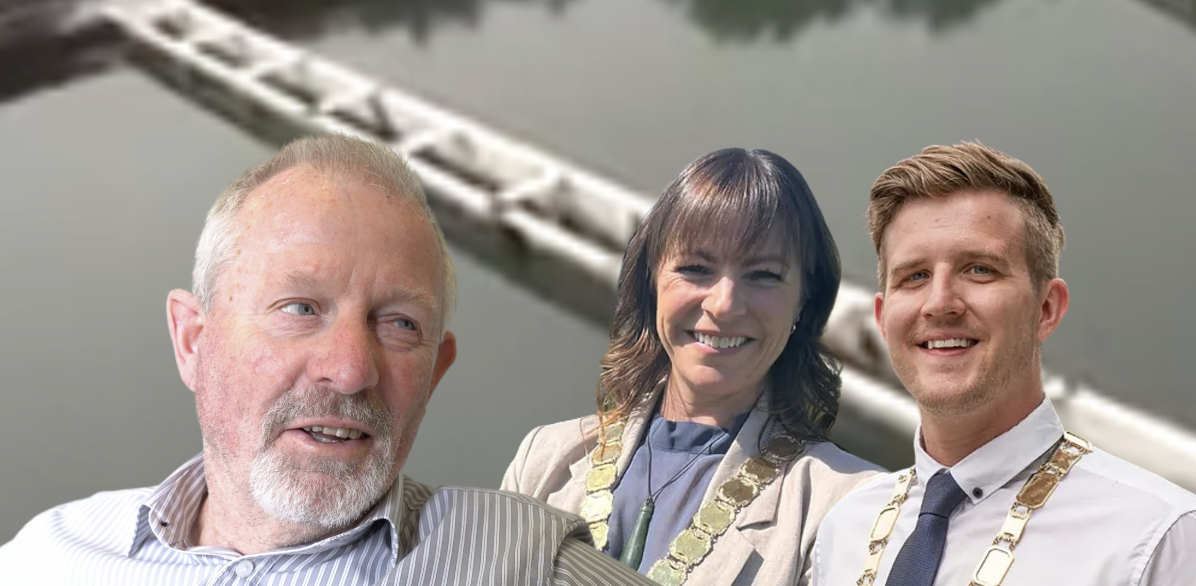Invercargill Mayor Nobby Clark says that the city could better serve its ratepayers by standing alone with regard to Local Water Done Well.
This was in response to a joint statement released from both the Gore District Council and the Central Otago District Council on Thursday night, calling for Southland and Otago to join forces for a unified approach to the future of water delivery.
Both councils have agreed to work together but ultimately it was up to ratepayers in both communities on whether that would happen.
Mayor Clark believes the Gore and Central Otago Mayors have both “jumped the gun” by not consulting their ratepayers first.
Under new government legislation, councils have until September 2025 to create plans for the future of water services.
A key part of this process is hearing from local communities about how they want their water services managed.
A recent report commissioned by Otago and Southland councils found that a regional, multi-council model would deliver the best outcomes for a large majority of ratepayers.
The report made it clear that the decision should not be made without hearing from the public.
Mayor Clark said the ICC had a workshop next Tuesday to discuss the issues further, and was just the first of four steps required by the Department Of Internal Affairs.
“It is for councils to decide which two of the five options (the options are a standalone plus 4 CCO - Council Controlled Organisations options) they will take to their community in February next year.
“We have to advise the DIA of our preferred options to take to our community by Christmas this year - just 3 weeks away. ICC will meet that requirement. Added to those five options is a shared services option, which could allow two or more councils to share water services procurement and management of water engineers.”
Mayor Clark said he has consistently stated for more than five years that its council could better serve its ratepayers by standing alone and possibly having a procurement (pipe buying) service with Dunedin.
“That standalone option is not an option for many other councils because (i) those councils have not kept up with 3 Waters renewals - sometimes spending rates on other areas (ii) some councils do not have enough borrowing capacity left with the Local Govt Funding Agency, so getting into a CCO allows for more, additional borrowing.
“However, more debt means, higher costs to ratepayers when you combine current rates (minus water rates) then add new water services annual levies from the CCO.”
He said as Invercargill Mayor his obligation was to advocate for Invercargill ratepayers, not Southland or Otago/Southland or Ngai Tahu ratepayers.
The final unresolved issue, was in his opinion, the Government and regulator pressure to get the massive increase in work to the water infrastructure, without any assurance that the infrastructure upgrade companies can actually get the work done.
“The previous Government surveyed the industry on their ability to deliver a 200% increase in work. The industry indicated an ability to upscale just 20%. So, councils can plan (and borrow) as much as they want, but without the industry capacity, only large cities will get there. I suspect the rural councils already know this.”


